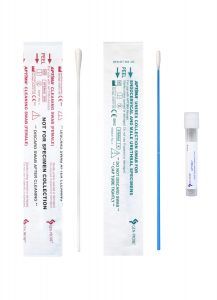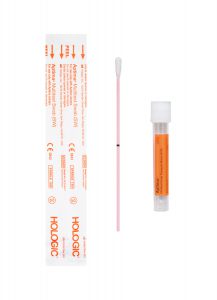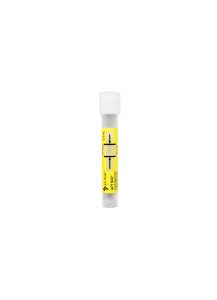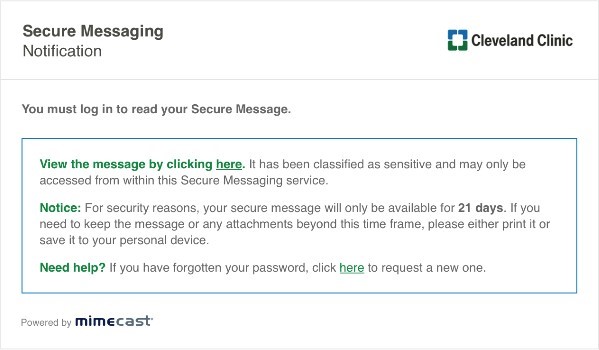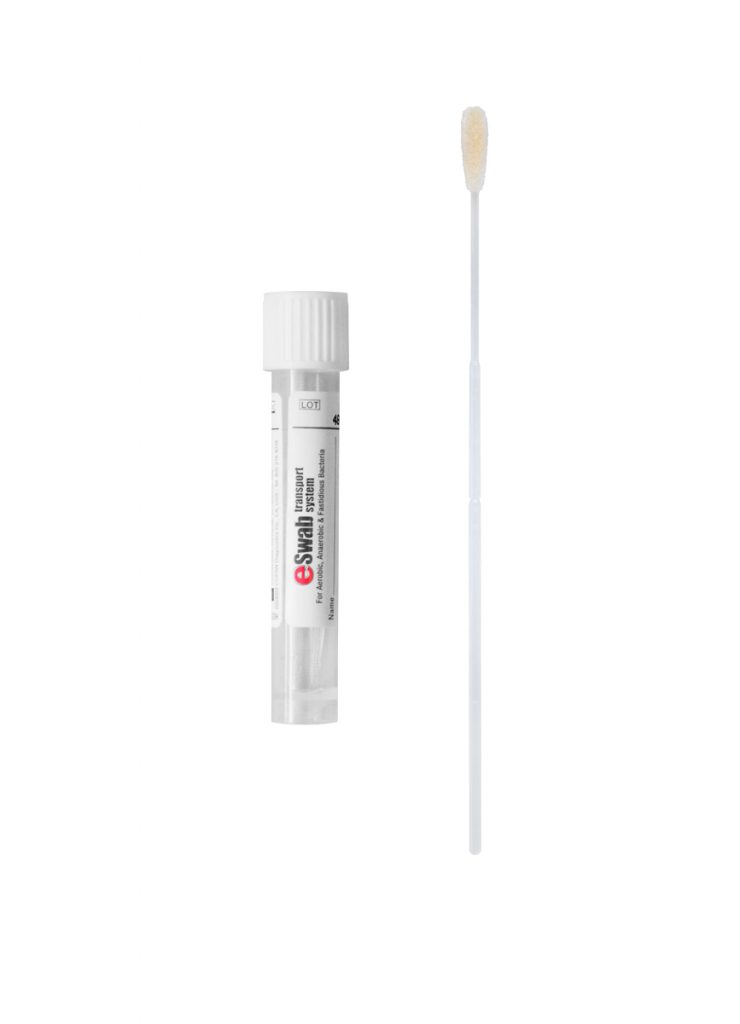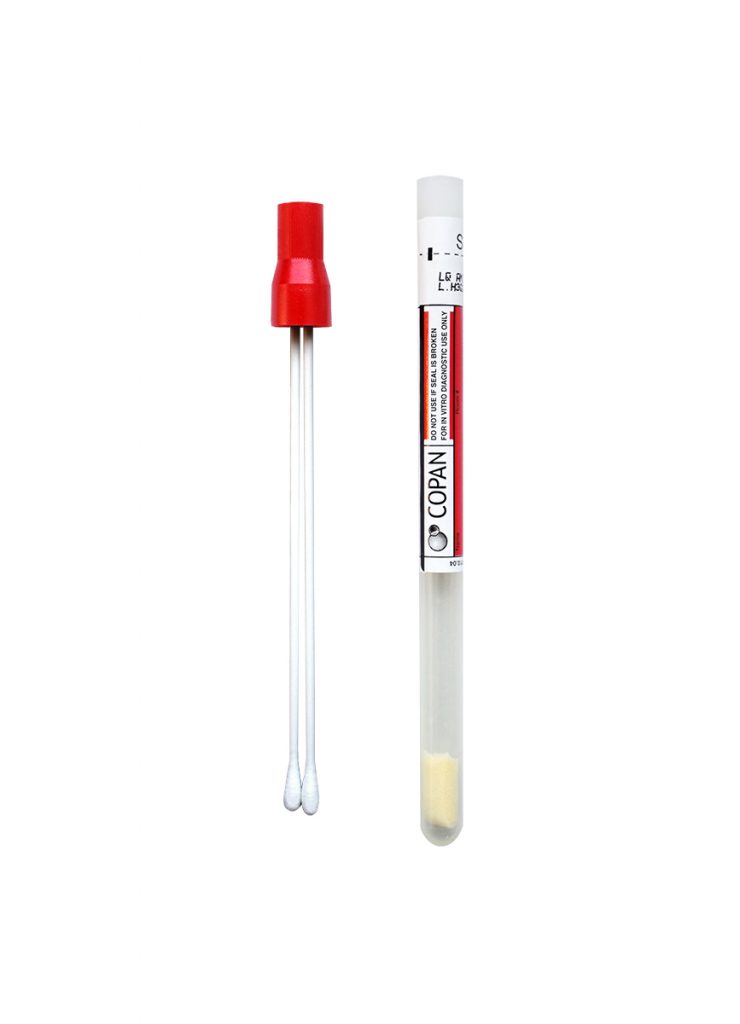Changes to Result Reporting
Complete Blood Count and Differential (CBCDIF)
Change Overview
The majority of Cleveland Clinic Laboratories’ hematology analyzers are FDA-approved to report “immature granulocytes” (IG), which represent “left-shifted” myeloid precursors that are more mature than blasts (e.g. myelocytes). A small number of IG can be seen in a variety of benign conditions.
The reference range for IG is age-dependent, as listed below; however, normal individuals may occasionally have IG higher than the reference range. Because the hematology analyzers are highly accurate and precise, a staff (pathologist) review is unlikely to add additional information in the setting of a small population of IG.
IG have not been specified in previous reports because of concern for over-interpretation of small numbers of IG. However, reporting IG is in accordance with the analyzer manufacturer’s recommendations, will improve laboratory efficiency, and is becoming the norm among laboratories using these instruments, including in major medical centers.
IG are NOT blasts. Any sample with blasts will have a manual differential performed and a separate blast % will be reported.
Immature Granulocyte Reference Ranges, by patient age (cells/µL):
Summary of Changes to CBCDIF Reporting:

